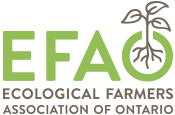Board of Directors
EFAO’s Board of Directors is made up of volunteer board members from across the ecological farming community in Ontario. Interested in joining the board? Learn more about the role and apply.
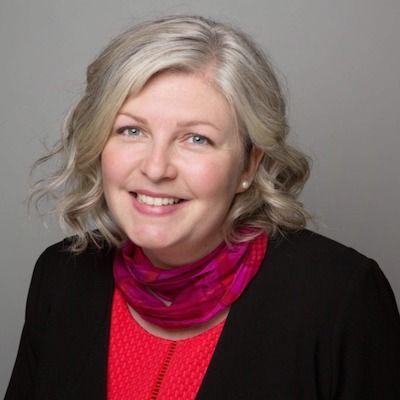
Melissa Watkins
Treasurer
Bio
Raised on a hobby farm, Melissa’s interest in agriculture began when she came to realize that her barnyard friends eventually made their way to the dinner table. Today she is the Project Director of Food from Thought: Agricultural Systems for a Healthy Planet, a research program led by the University of Guelph. She also managed the research programs of the Ontario Agri-Food Innovation Alliance, U of G’s partnership with the Ontario Ministry of Agriculture, Food and Rural Affairs. She was the Director of Operations and Farm Succession Program Manager at FarmStart from 2008-2015 and was the founding Executive Director of the Ontario Farmland Trust before that. With decades of board governance experience, she brings leadership in not-for-profit finance, HR, and partnership development to the EFAO Board.
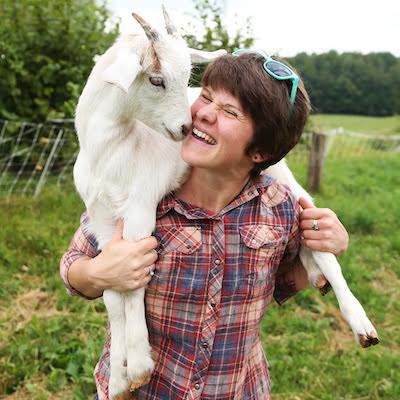
Katrina McQuail
President
Bio
Katrina McQuail, with assistance from her husband Ben and support from other family members, owns and operates Meeting Place Organic Farm. They raise certified organic pastured pigs, grass-fed cattle, meat chickens and laying hens. They farm with Suffolk-Punch draft horses, have a few quail, some ducks and an old apple orchard from which they make their apple butter. They also have a pet pig named Pickle. They are committed to experiential and practical education for prospective farmers. Katrina is excited to be raising animals and growing food, contributing to regenerative agriculture, providing more nutritious and local food for her community and creating less unnecessary plastic waste. She is enjoying supporting the EFAO through serving on the board.

Ricardo Ramírez
Secretary
Bio
Ricardo Ramírez brings many years of experience in different countries, with the last 22 as an independent researcher and consultant based in Guelph, Ontario. He collaborates with other consulting teams in Ontario and internationally as a project evaluator, and providing training in strategic planning, evaluation and communication.
His first job after completing a degree in Crop Science (Guelph) was building a demonstration farm in Colombia and producing training materials with farmers. Later he worked for the United Nations Food and Agriculture Organization, and with several international agriculture projects. He was Associate Professor in Capacity Development and Extension for two years with the School of Environmental Design and Rural Development, University of Guelph; and remains as Adjunct Professor.
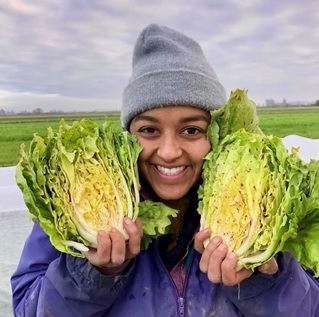
Isabelle Rodé
Bio
Isabelle is the owner and operator of Vintage Soil Farm, a horse (and woman) powered farm near Smiths Falls. Isabelle’s farming journey started with the idea of farming with a purpose. She prioritizes the use of draft horses, employs regenerative practices, and focuses on improving soil health to produce high quality produce. Isabelle attends markets in both Kingston and Ottawa, and also runs a 17-week CSA program with pickups in several locations throughout Eastern Ontario. Isabelle is a second-generation Canadian whose parents immigrated to Canada from Sri Lanka when they were children. Since 2015, she has received mentorship and training from strong, driven, successful female farmers in Ontario, British Columbia and Quebec.
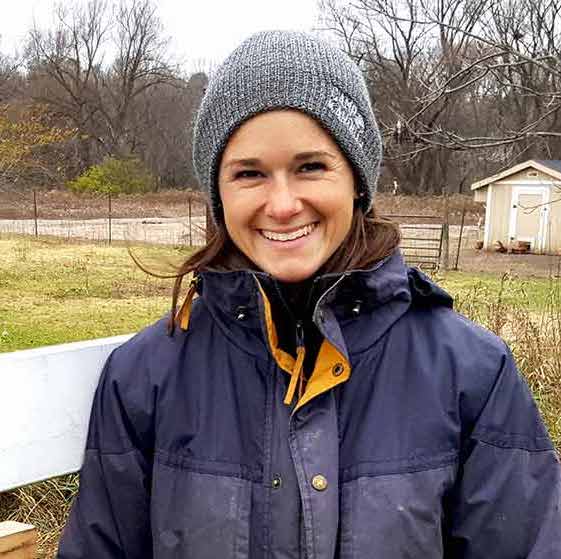
Sarah Martin-Mills
Vice President
Bio
Moving with her family from New Hamburg to Cambridge in 2016, Sarah Martin-Mills founded a nonprofit called Growing Hope Farm, which employed at-risk youth and other marginalized people. She was behind such creative revenue-earning offerings as goat yoga and lamb bottle-feeding! Proceeds from Growing Hope Farm went to the Mennonite Central Committee (MCC), a global relief and development NGO. In 2023, Sarah and her family made the move to Creemore, ON, where she currently farms at The New Farm with former EFAO president Brent Preston and his partner Gillian Flies.
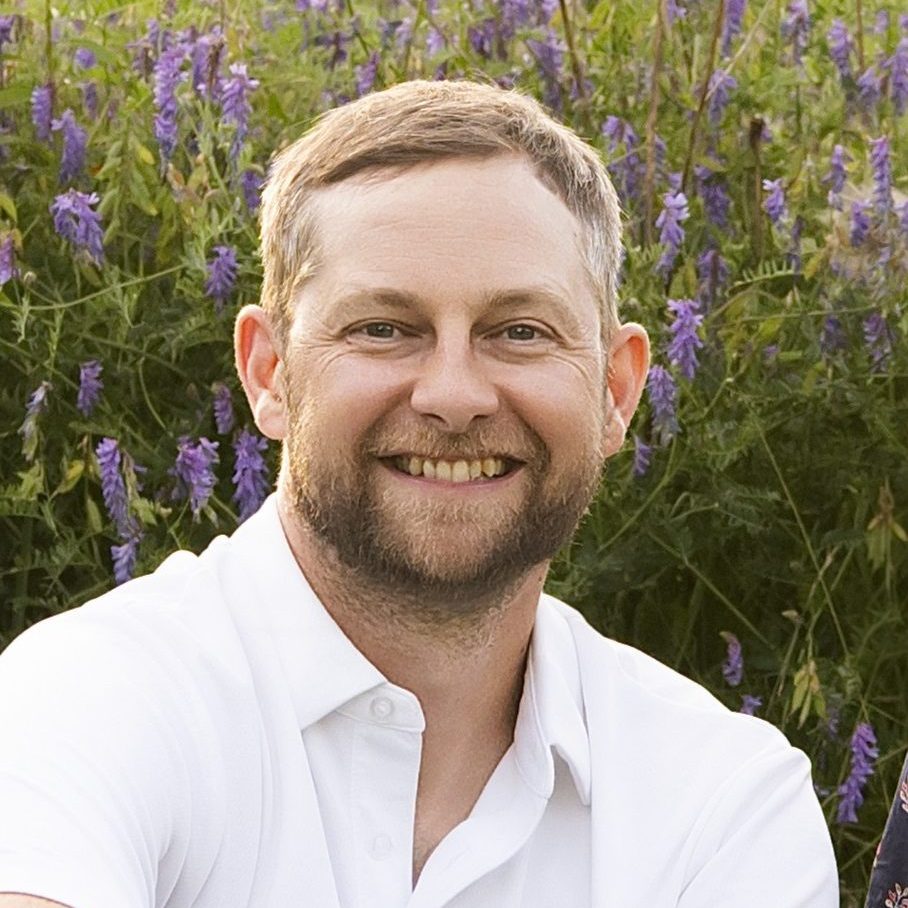
Mike Smith
Bio
Mike Smith has worked in ecological agriculture for over 20 years. He worked at Ignatius Farm for 10 years leading their CSA and farm mentorship program and has a specialty in greenhouse production. Currently he runs the Guelph Centre for Urban Organic Farming at the University of Guelph. His formal education is in agricultural policy and project management. Mike has also acted as the EFAO’s conference photographer since the conference’s launch.
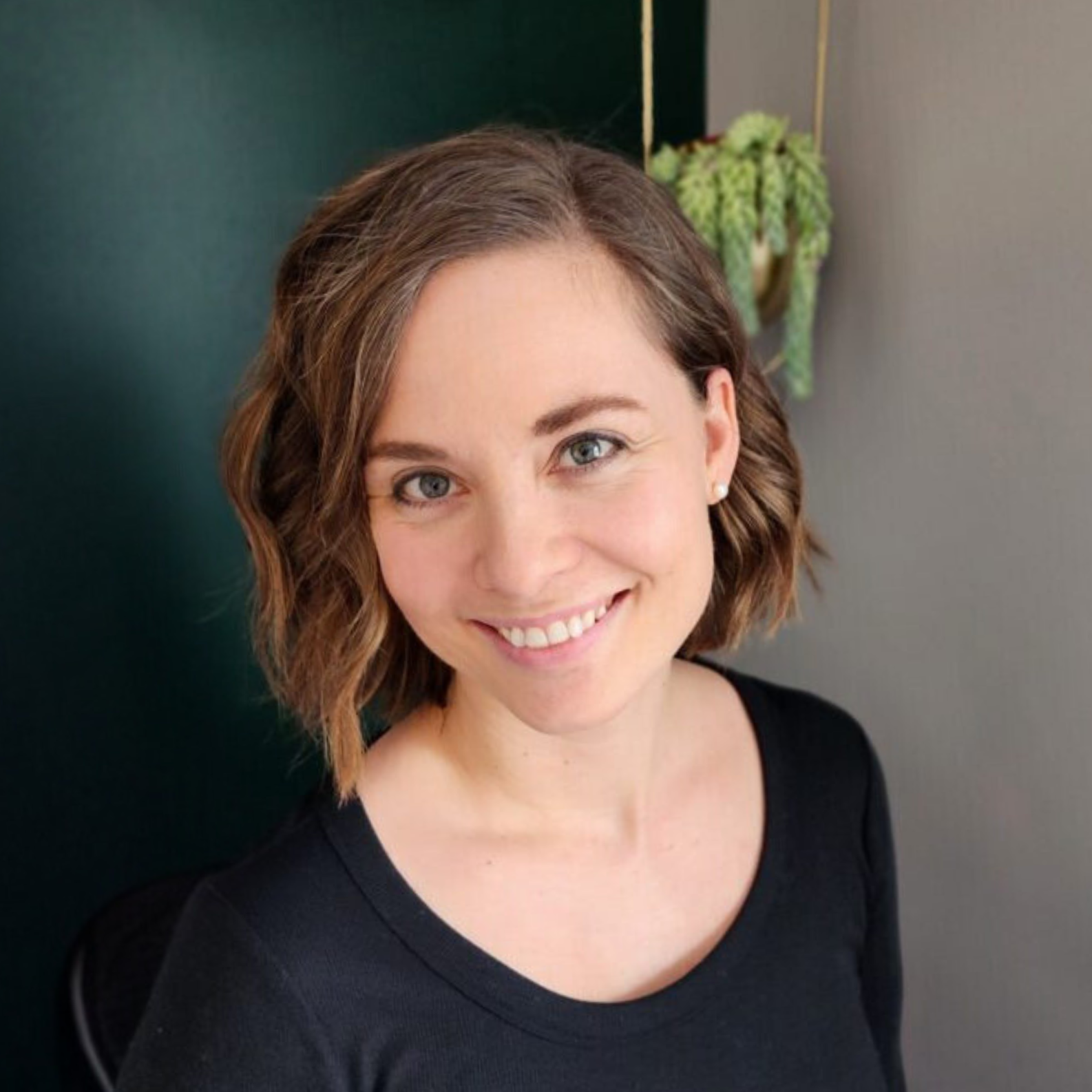
Amy Ellard-Gray
Bio
Amy has been a researcher and evaluator for 10 years, working in the academic and private consulting sectors. She has a background in DEI work and is a social psychologist by training, although her passion for food sovereignty has led to her to a career that includes evaluation of food system projects, as well as hands on growing and educating. She teaches people to grow food through her social media channels, on YouTube, and in local consultations. She lives and grows in Guelph with her wife and two kids.
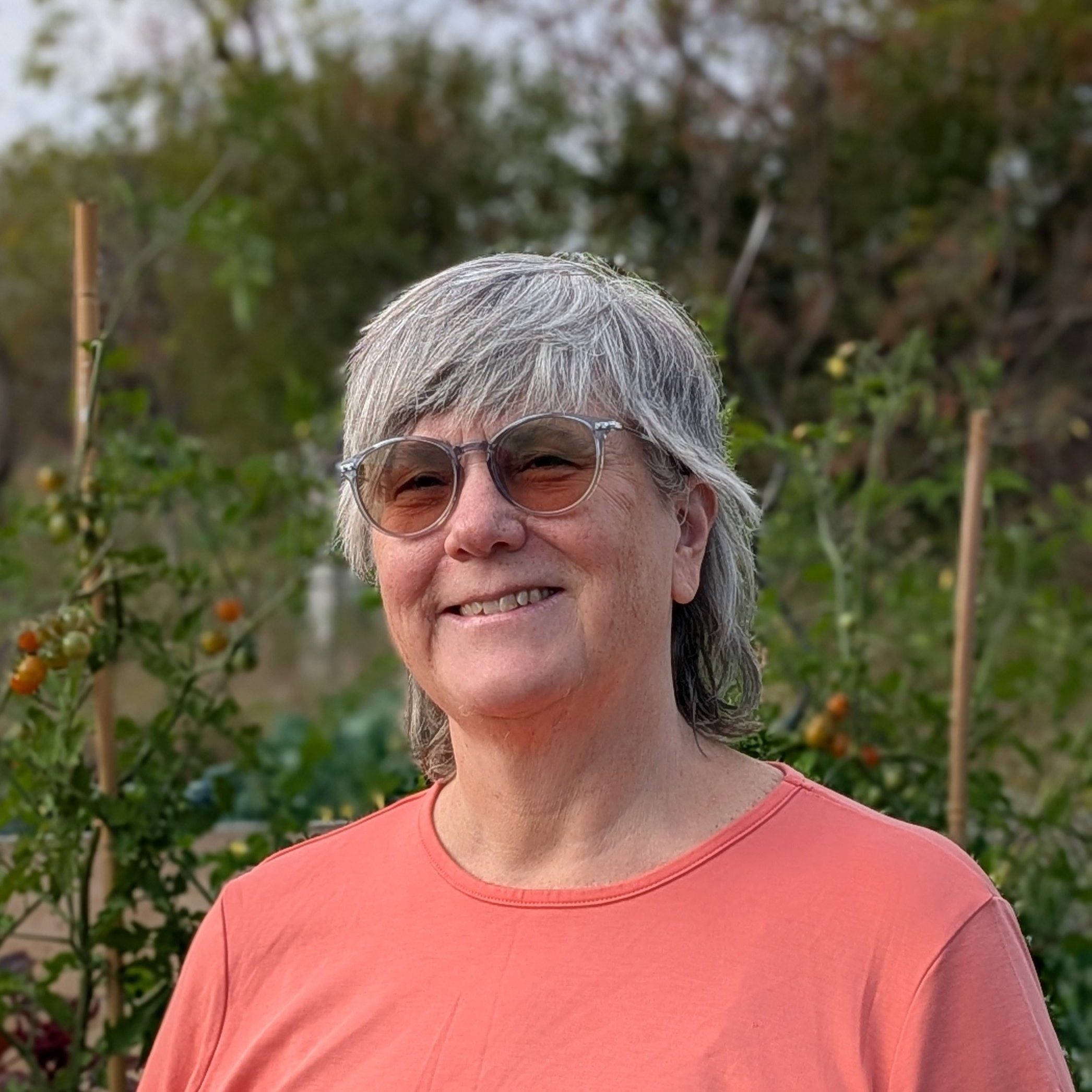
Sally Miller
Bio
Sally Miller (MA/ PhD; MES), has worked in sustainable food and agriculture management, development and research for non-profits and co-ops for over thirty years. She was the founding and first Executive Director of the Fair Finance Fund, and previously worked with the Local Food and Farm Co-ops, Toronto Public Health, Wilfrid Laurier University, Ontario Natural Food Co-op, Organic Meadow, Fourth Pig Worker Co-op, West End Food Co-op in Canada, and Finger Lakes Organic Growers’ Co-op in the U.S. She has been on various Boards, including the board of the Ontario Co-operative Association, and Greenest City. Publications include Edible Action: Food Activism and Alternative Economics (Fernwood 2008); and Belongings: The Fight for Land and Food (Fernwood 2016) and numerous research reports.
